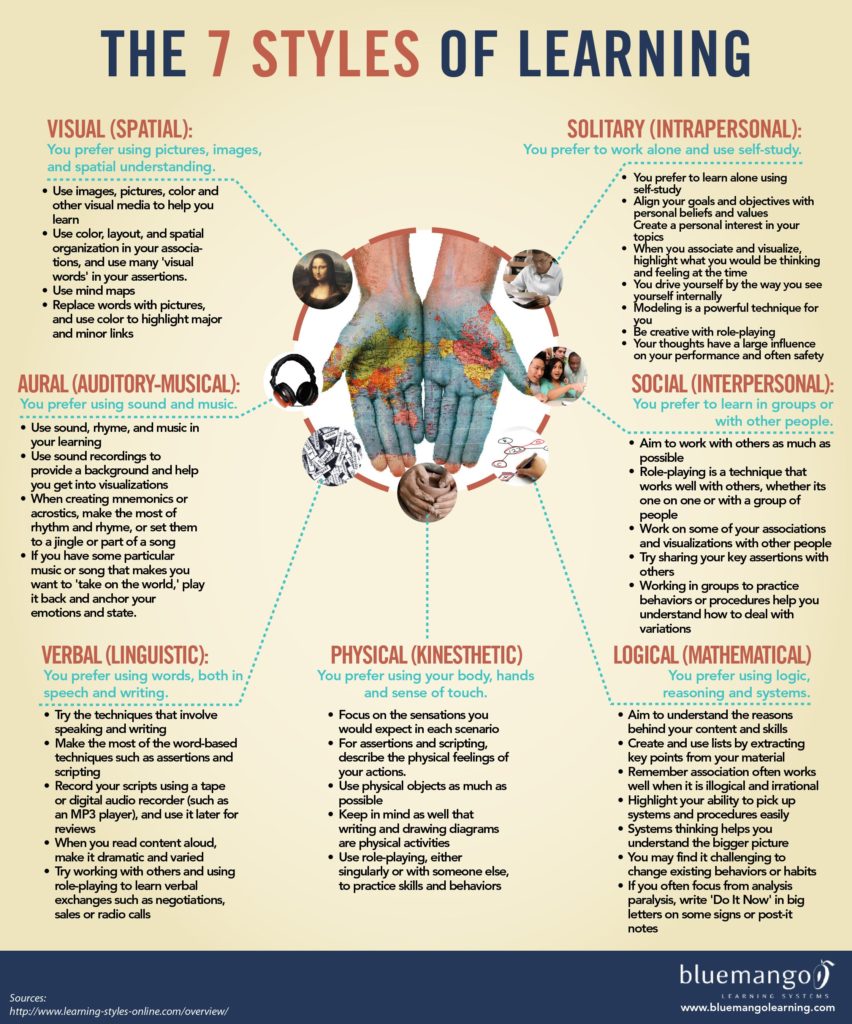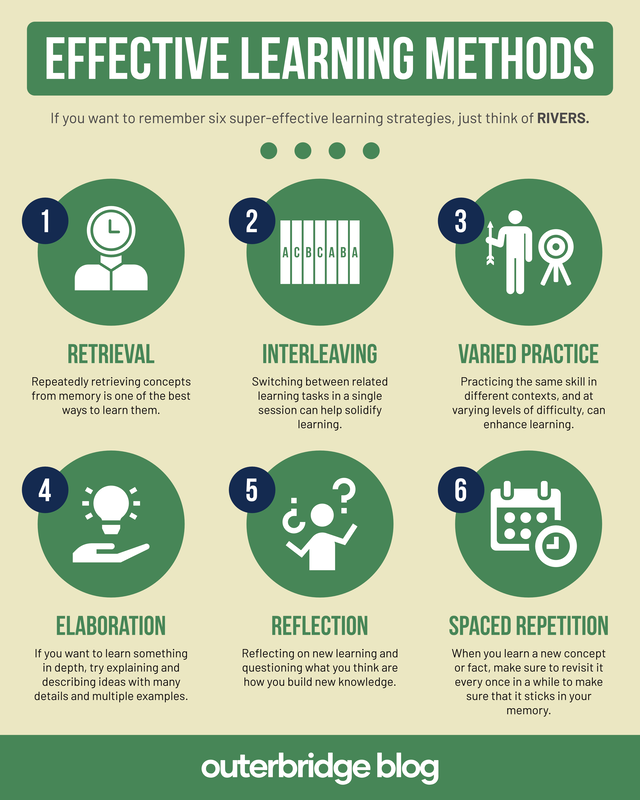
Ace Your Personal Skills with These Learning Tips

Ace Your Personal Skills with These Learning Tips: Unlock Your Potential and Thrive in Life
In today's ever-evolving world, personal skills are more important than ever. They empower us to navigate complex situations, build strong relationships, and achieve our goals. Whether it's communication, leadership, problem-solving, or emotional intelligence, mastering these skills can dramatically enhance your overall well-being and success. But how do you actually learn and develop these crucial abilities?
This comprehensive guide provides you with a roadmap for success, offering effective learning tips and strategies to ace your personal skills and unlock your full potential.
1. Embrace the Growth Mindset:
The journey to mastering any skill begins with a growth mindset. Embrace the belief that your abilities are not fixed but can be developed through effort and practice.
- Recognize and challenge limiting beliefs: Do you tell yourself you're not a good communicator or that you lack leadership skills? These beliefs can hinder your progress. Actively challenge them by reminding yourself that anyone can develop these skills with dedication.
- Embrace challenges as opportunities for learning: View setbacks as stepping stones on your journey. Every challenge presents a chance to learn, adapt, and grow.
2. Set Clear Goals and Track Your Progress:
A well-defined destination is crucial for any journey.
- Identify your desired skill: What do you want to improve or learn? Be specific and realistic.
- Break down your goal into smaller, manageable steps: Overwhelm can be a roadblock. Divide your goal into achievable milestones that you can conquer step-by-step.
- Track your progress: Use a journal, a spreadsheet, or a progress tracker to document your achievements. Celebrating your wins keeps you motivated and reinforces your progress.
3. Actively Seek Out Learning Opportunities:
Learning is not passive; it requires active engagement. Embrace opportunities to expand your knowledge and skills:
- Enroll in workshops, courses, or online programs: Formal learning environments provide structured guidance and expert knowledge.
- Read books and articles: Dive deep into the subject matter and broaden your understanding.
- Attend conferences and events: Connect with industry leaders, learn from their experiences, and network with like-minded individuals.
- Join online communities and forums: Engage in discussions, ask questions, and learn from the collective wisdom of others.
4. Embrace Deliberate Practice:
Developing a skill requires consistent and intentional practice.
- Identify your weak areas: Focus on the areas that need the most improvement.
- Practice with specific goals and feedback: Don't just go through the motions. Aim for progress, seek feedback, and identify areas for improvement.
- Challenge yourself: Step outside of your comfort zone and push yourself to grow. Embrace new experiences and test your limits.
- Be patient and persistent: Mastering a skill takes time and effort. Don't get discouraged if you don't see results immediately. Keep practicing and you'll eventually see progress.
5. Put Your Skills into Action:
The best way to learn and retain information is by putting it into practice.
- Apply your skills in real-life situations: Take every opportunity to use your new skills, whether it's in your personal life, work, or social interactions.
- Seek out opportunities to mentor or coach others: Teaching others strengthens your understanding and reinforces your skills.
- Volunteer for projects and initiatives that align with your goals: Gain practical experience and make a positive impact while honing your skills.
6. Seek Feedback and Embrace Constructive Criticism:
Feedback is invaluable for growth.
- Ask for feedback from trusted mentors, colleagues, or friends: Get an objective perspective on your strengths and weaknesses.
- Be open to constructive criticism: Don't take negative feedback personally. Use it as an opportunity to learn and improve.
- Refine your approach based on feedback: Use what you learn to adjust your strategy and enhance your skills.
7. Reflect Regularly and Adapt Your Approach:
Continuously assess your progress and refine your approach.
- Journal your learning journey: Reflect on your successes, challenges, and areas for improvement.
- Identify patterns and trends in your development: What strategies seem to work best? What are the roadblocks? Use this insight to adapt your learning process.
- Celebrate your achievements and acknowledge your progress: Positive reinforcement keeps you motivated and encourages you to keep pushing forward.
8. Embrace Lifelong Learning:
Personal growth is an ongoing journey.
- Never stop learning and exploring new skills: The world is constantly changing, and so are the skills that are valuable.
- Stay curious and embrace a love of learning: Approach new challenges with enthusiasm and a thirst for knowledge.
- Continuously seek out opportunities to expand your horizons: Make lifelong learning a core part of your identity and approach to life.
Conclusion:
Mastering personal skills is an investment in yourself. By embracing the right mindset, utilizing effective learning strategies, and committing to continuous growth, you can unlock your full potential and thrive in all areas of life. Remember, the journey is just as important as the destination. Embrace the process, celebrate your achievements, and never stop learning!

Here’s more about the topic discussed above:
Ace Your Personal Skills with These Learning Tips
In today's dynamic world, success isn't solely determined by academic qualifications or technical expertise. It's increasingly intertwined with personal skills, also known as soft skills or interpersonal skills. These are the intangible qualities that make you an effective communicator, collaborator, and leader.
Whether you're looking to advance in your career, build stronger relationships, or simply become a more well-rounded individual, mastering personal skills is crucial. But acquiring these skills can feel daunting. Where do you even begin?
This article will equip you with the tools and techniques you need to unlock your learning potential and ace your personal skills, making you a more confident, capable, and successful individual.
1. Identify Your Strengths and Weaknesses:
Before diving into learning, take a moment to reflect on your current skillset. What are you naturally good at? What areas do you struggle with? Use tools like personality tests, online assessments, or simply introspection to gain a clear picture of your strengths and weaknesses. This allows you to focus your learning efforts on areas that need improvement.
2. Set SMART Goals:
Just like any other goal, personal skill development requires specific, measurable, achievable, relevant, and time-bound (SMART) goals. Instead of simply aiming to "improve communication," set a goal like "deliver a clear and concise presentation to my team by the end of the month." This structure provides clarity and motivation, allowing you to track progress and celebrate achievements.
3. Embrace Active Learning:
Passive learning, such as watching videos or reading books, can be helpful, but active learning is key to truly mastering a skill. Engage with the material by taking notes, summarizing key points, and practicing the skill in real-world scenarios.
4. Seek Out Feedback:
Feedback is a powerful tool for growth. Don't be afraid to ask for feedback from trusted individuals, including mentors, colleagues, friends, or family. Take the time to listen and reflect on the feedback, identifying areas for improvement and implementing suggestions into your future practice.
5. Practice Makes Perfect:
The adage "practice makes perfect" holds true for personal skill development. Consistent practice is essential for building confidence and mastery. Dedicate time each day or week to actively engage in activities that enhance your desired skill.
6. Break Down Tasks:
Overwhelmed by the prospect of learning a complex skill? Break it down into smaller, manageable steps. This approach makes the learning process less daunting and fosters a sense of accomplishment as you progress through each step.
7. Embrace Mistakes as Learning Opportunities:
Everyone makes mistakes. Instead of seeing them as setbacks, view them as valuable learning experiences. Analyze what went wrong, identify areas for improvement, and adjust your approach accordingly. This iterative process is essential for personal growth.
8. Leverage Technology:
Technology offers a plethora of resources for learning personal skills. Explore online courses, podcasts, articles, and even interactive simulations to enhance your knowledge and develop new skills.
9. Join a Group or Community:
Learning with others can be incredibly beneficial. Find a group or community that shares your interests, allowing you to learn from others' experiences, provide support, and hold each other accountable.
10. Be Patient and Persistent:
Mastering personal skills takes time and effort. Don't get discouraged if you don't see results immediately. Be patient with yourself, embrace the learning journey, and stay persistent in your efforts.
11. Celebrate Your Successes:
Don't forget to celebrate your milestones, no matter how small. Acknowledging your progress keeps you motivated and reinforces the positive outcomes of your efforts.
Examples of Personal Skills to Develop:
- Communication: Active listening, public speaking, written communication
- Collaboration: Teamwork, conflict resolution, negotiation
- Leadership: Delegation, decision-making, motivation
- Problem-solving: Critical thinking, analytical skills, creative thinking
- Time management: Prioritization, organization, productivity
- Emotional intelligence: Self-awareness, empathy, emotional regulation
Conclusion:
Mastering personal skills is an ongoing journey. By embracing these learning tips, you can unlock your potential, become a more effective communicator, collaborator, and leader, and achieve your personal and professional goals. Remember, personal growth is a continuous process, and every step you take, no matter how small, contributes to your overall success. So, get out there, learn, grow, and ace those personal skills!
